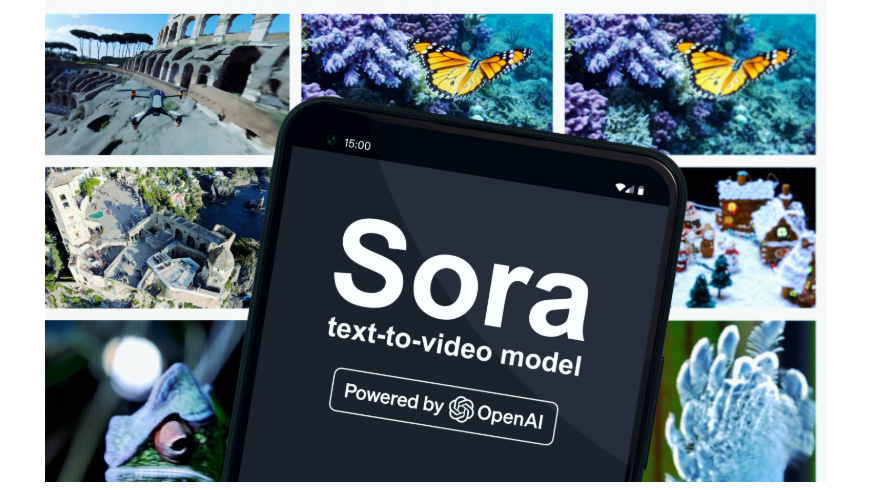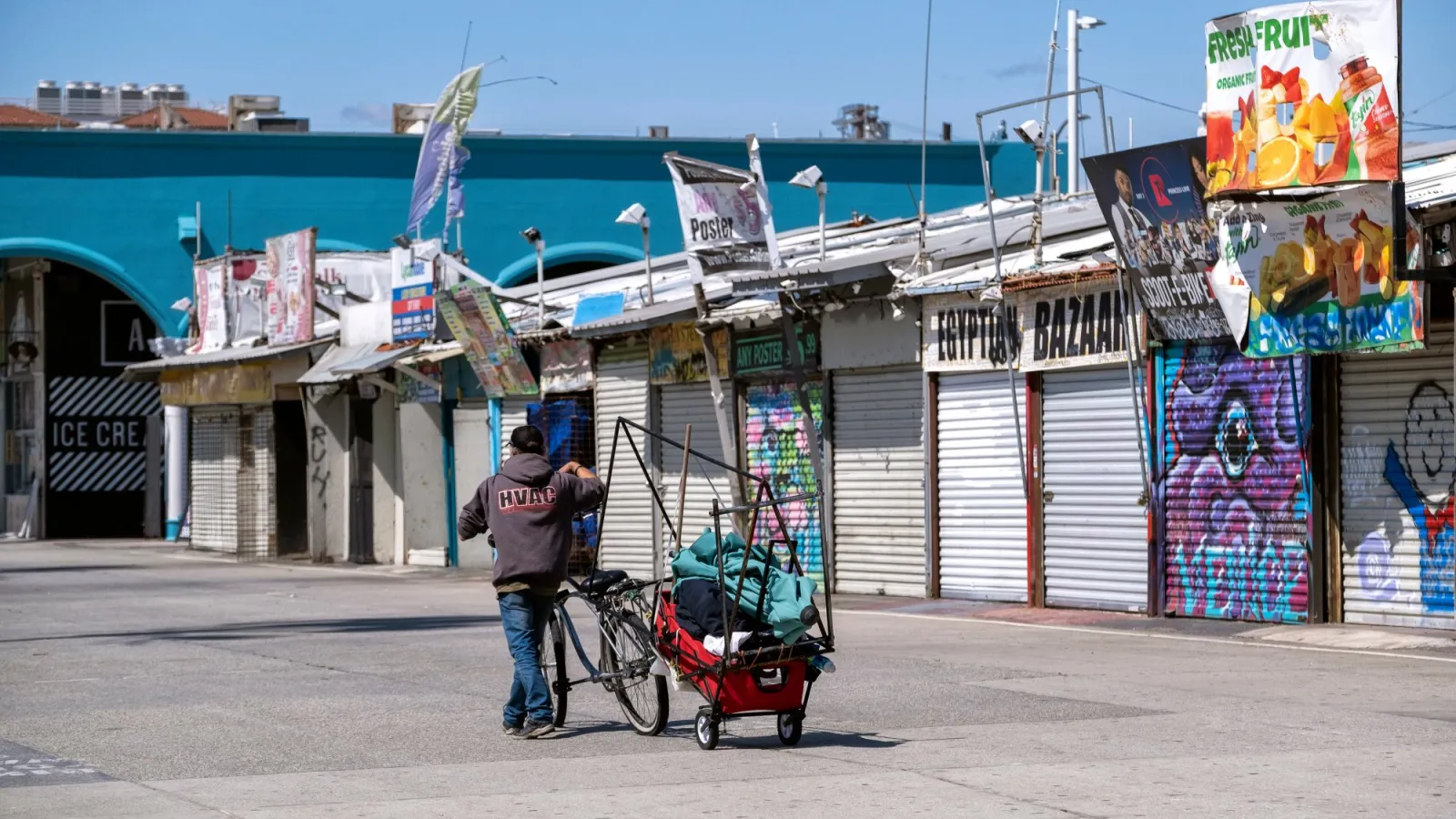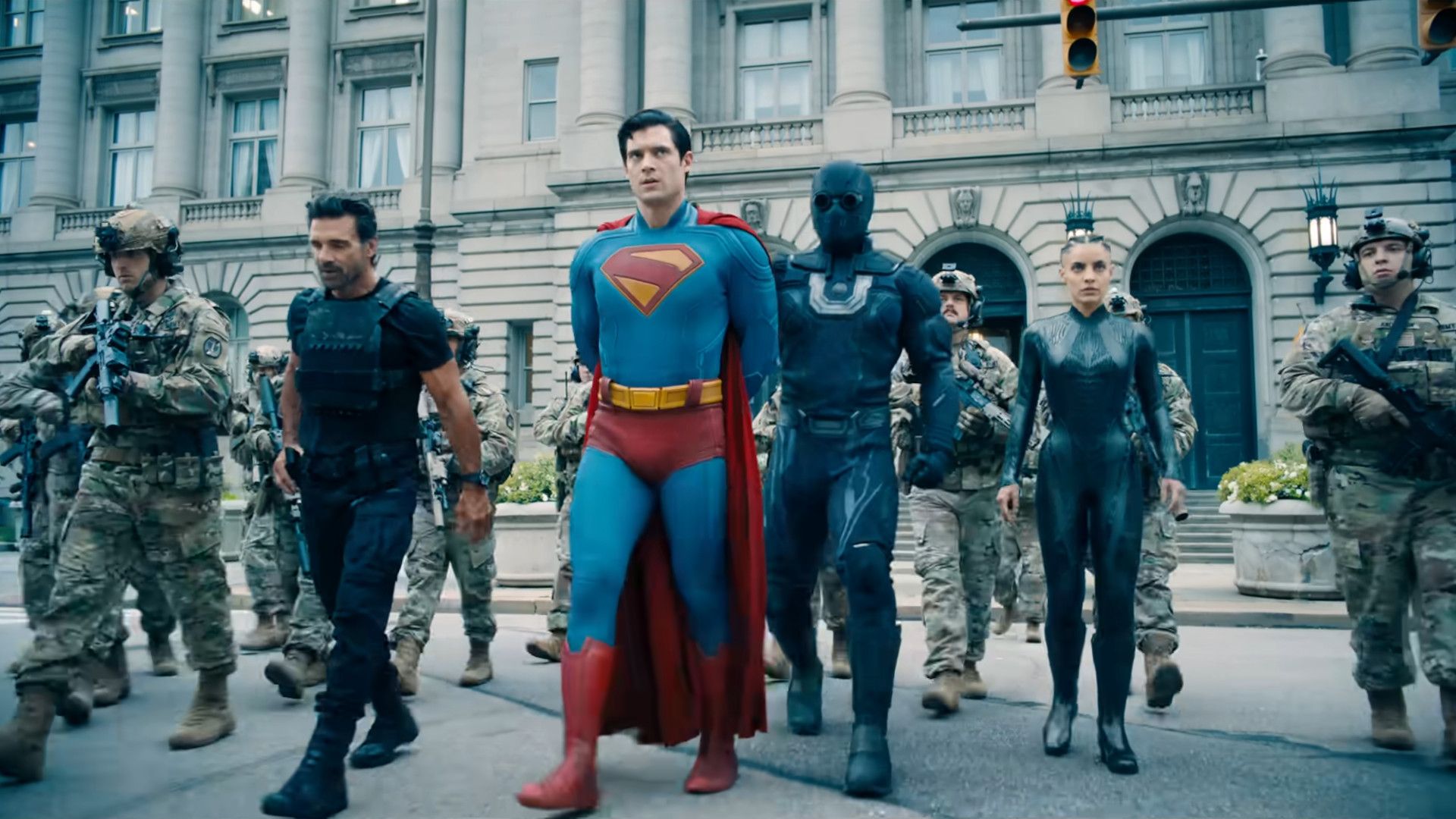Copyright Tom's Guide

OpenAI’s latest AI video model, Sora 2, has had a hard time since it launched. It has faced legal problems, complaints from celebrities, and now, has been hit by a copyright infringement strike by a rival. Cameo, an app where the public can pay for video messages from celebrities, is suing OpenAI in a California federal court, accusing the company of violating its trademark rights. According to Reuters, the complaint focuses on OpenAI’s use of a new feature also known as Cameo. This allows users to make and share their virtual likeness on Sora. Cameo (the company) claims that by using this name, OpenAI is diluting both its branding and name. In response, an OpenAI spokesperson said the company is reviewing the complaint but “disagrees that anyone can claim exclusive ownership over the word cameo”. Cameo goes on to say that, not only is OpenAI using their branding in the name of the Cameo feature, but also threatening their business model in the ability to create realistic videos of celebrities using the Sora feature. "Users seeking a personalized celebrity video now have a choice - use Plaintiff's CAMEO service to book talent and receive an authentic, custom video prepared by that celebrity, or use Sora’s 'Cameo' service to create an extremely realistic AI-generated video featuring a celebrity’s likeness," the lawsuit said. Sora 2 and its legal problems This isn’t the first legal problem OpenAI has faced with Sora 2. The company has already made multiple public apologies, changed safeguarding rules, and reworked how the model addresses copyright in relation to complaints. These were mostly focused on Sora 2’s use of celebrity likeness. In the early days of the app release, users created disrespectful recreations of dead celebrities, and despite trying to input rules where celebrities had to opt in for their likeness to be used, these safeguards weren’t always working. Actor Bryan Cranston, along with a major board for filmmakers and actors, made a complaint to OpenAI about the effectiveness of the model, leading to a public apology from OpenAI and Sam Altman, the company's CEO, with a promise to work on improving this side of Sora 2. In a recent post on X, Altman addressed the company’s future plans to add age-gating features on its products. These, in theory, would allow users to generate their own 18+ creations. While it isn’t yet clear if these would extend to Sora 2 as well, it could be a further issue for the company’s video model. Follow Tom's Guide on Google News and add us as a preferred source to get our up-to-date news, analysis, and reviews in your feeds. Make sure to click the Follow button! More from Tom's Guide



